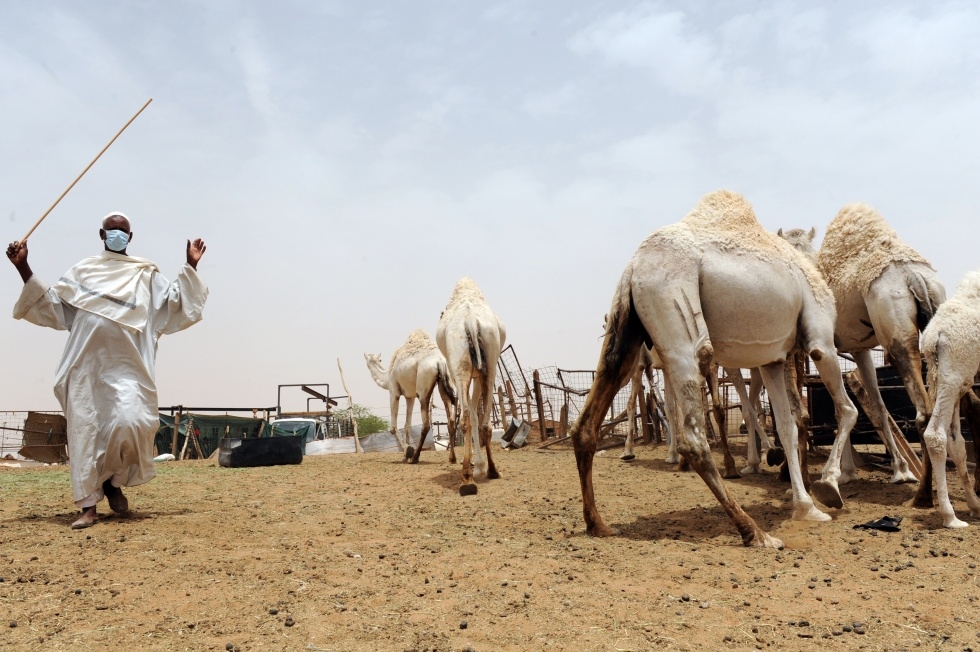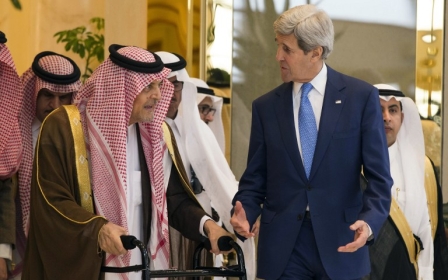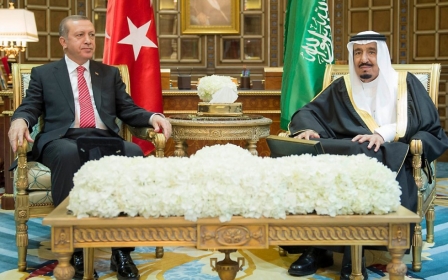MERS kills 10 more in Saudi, health campaign broadened

The MERS virus has killed 10 more people in Saudi Arabia over the past week, pushing the death toll above 400, as health officials broaden their campaign to halt its spread. One of the deaths also includes one foreign resident – whose name was not given – of the north-central city of Barida.
Saudi Arabia is the country worst-hit by Middle East Respiratory Syndrome coronavirus (MERS-CoV).
The latest deaths occurred between 27 February 27 and 5 March, adding to a surge of cases that killed 30 people in February alone.
Six of those deaths were in Riyadh, health ministry data show.
A total of 936 people have been infected with MERS since it was first identified in the kingdom in 2012, and 402 of them have died. At least 502 others have recovered from the virus.
On Wednesday, the health ministry said it started a new phase of a public education campaign to help prevent the spread of the virus.
It uses television, radio, print, social media and text messages with the theme "We can stop it."
Earlier efforts relied on media interviews and statements by health officials, and airports displayed posters about how to prevent the virus.
The intensified campaign comes after a mission by the United Nations World Health Organisation (WHO) and other agencies said "efforts to educate professionals and the public are urgently needed".
The WHO has cited the preliminary results of studies indicating that people working with camels are at increased risk of infection from MERS-CoV, and young camels are particularly susceptible.
A surge in MERS cases typically occurs around this time of year, when there are more juvenile camels.
New MEE newsletter: Jerusalem Dispatch
Sign up to get the latest insights and analysis on Israel-Palestine, alongside Turkey Unpacked and other MEE newsletters
Middle East Eye delivers independent and unrivalled coverage and analysis of the Middle East, North Africa and beyond. To learn more about republishing this content and the associated fees, please fill out this form. More about MEE can be found here.




